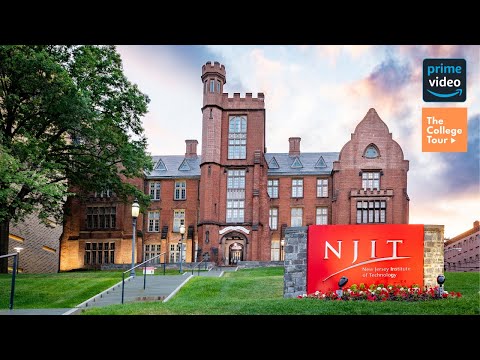-
hello@abroadcube.com
Mail us
-
Call For Help:
98779 83783
-
Whatsapp Us
70090 34921
The Master of Science in Applied Mathematics program offers students a unique opportunity to continue advanced study of application-oriented mathematics from leading experts in the field, and to encounter the vital process of applied research — much of it sponsored by government agencies and industry. Through activities, such as a regular colloquium series and seminars, developed in close collaboration between the Department of Mathematical Sciences and the Center for Applied Mathematics and Statistics, students will be exposed to the latest innovations in the mathematical sciences.
Graduates of the program are trained with quantitative and analytical skills necessary to succeed in positions in industry, education, government and more. The program also provides students with the credentials they need for acceptance into first-class Ph.D. programs in the mathematical sciences or allied disciplines.
The learning outcomes expected of graduates from the Applied Mathematics Master of Science program include:
| Level | Masters |
| Discipline | Mathematics |
| Duration | 24 months |
| Intakes | Jan, Sep |
| Application Fees | USD 75 |
| Tuition Fees | USD 30834 |
| Campus | Main |
| Language proficiency (minimum) | |
| IELTS | 6.5 |
|---|---|
| TOEFL | 79 |
| PTE | Not Required / Waiver |
| Duolingo | 120 |
| Exam proficiency (minimum) | |
| SAT | Not Required / Waiver |
|---|---|
| ACT | Not Required / Waiver |
| GRE | Not Required / Waiver |
| GMAT | Not Required / Waiver |
Minimum GPA - 77%
QS Quacquarelli Symonds is the world’s leading provider of services, analytics, and insight to the global higher education sector, whose mission is to enable motivated people anywhere in the world to fulfil their potential through educational achievement, international mobility, and career development.
THE (Times Higher Education) has been providing trusted performance data on universities for students and their families, academics, university leaders, governments and industry, since 2004. We create university rankings to assess university performance on the global stage and to provide a resource for readers to understand the different missions and successes of higher education institutions.
The Academic Ranking of World Universities (ARWU) was first published in June 2003 by the Center for World-Class Universities (CWCU), Graduate School of Education (formerly the Institute of Higher Education) of Shanghai Jiao Tong University, China, and updated on an annual basis
The "Webometrics Ranking of World Universities" is an initiative of the Cybermetrics Lab, a research group belonging to the Consejo Superior de Investigaciones Científicas (CSIC), the largest public research body in Spain. CSIC is among the first basic research organizations in Europe. The CSIC consisted in 2006 of 126 centers and institutes distributed throughout Spain.

